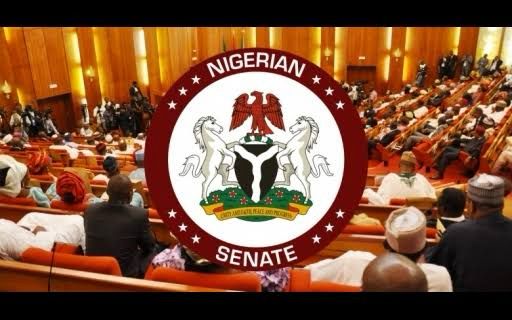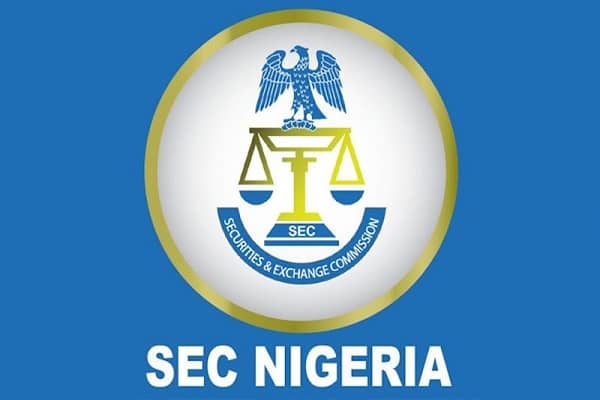Nigeria – Oct 22: Restoring the Rule of Law- The Supreme Court and the Fight Against Unconstitutional Acts

What are the Legal Issues and the Confidence of Nigerians that the Supreme Court of Nigeria will Do Justice in the Suit Filed by Kogi State AG and 16 Others v. AGF on the Constitutionality or Validity of Certain Acts Challenged in that Suit?
The above-mentioned suit came before the Supreme Court of Nigeria on the 8th of October 2024, and was adjourned to the 22nd of October 2024, for hearing.
Pundits are confident that, in view of the clear position of the law on the issues brought before the Supreme Court in the said suit by the AGs of the states v. the AGF, and coupled with the declared commitment of the current head of the judiciary, Hon. Justice Kudirat Kekere-Ekun, to ensure the independence and integrity of the judiciary, the right decision will be made under the circumstances of the suit.
This would lend credence to the doctrine of true federalism, respect for the rule of law, and constitutional order. The time-honored principle in *Macfoy v. UAC* is still relevant, to the extent that if the law provides for a mandatory way to perform an action, and one fails in that regard, failure renders the action nullity, as one cannot build something on nothing.
In other words, the Supreme Court found in *Nwobike’s Case* that the Acts challenged in the suit, particularly the EFCC Act, were rooted in a UN Convention. By virtue of Section 12 of the 1999 Constitution, the states of the federation, as critical stakeholders in Nigeria, were supposed to be consulted or involved in enacting those Acts, but that did not happen.
This is the reason why those Acts are considered unconstitutional, and the Supreme Court is being called upon to so hold and accordingly nullify them.
It is also the position that the items that gave rise to those Acts were not on the exclusive legislative list, meaning that the National Assembly could not make laws on them without consulting the states of the federation. Indeed, the defendant in the suit did not dispute these facts but simply posited that the concurrence of the states was not needed or required in enacting those Acts. This is a very wrong and misconceived position.
The Supreme Court of Nigeria is therefore called upon to rise to the occasion, assert its uprightness, integrity, and supremacy, by doing what is right in this matter—just as it did in the Naira redesign suit, which involved similar principles to the instant case.
THIS ARTICLE IS THE PERSONAL OPINION OF THE AUTHOR AND DOES NOT REFLECT THE VIEWS OF AFRICAN CULTURE TV.
categories
recent posts

NIGERIA: Senate Resumption Delayed To May 6 Over Workers’ Day, Constituency Engagements

NIGERIA: SEC Warns Influencers, Bloggers Against Promoting Unregistered Investment Schemes

NIGERIA: Death Toll from Lagos Building Collapse Rises To Five, 13 Rescued

KENYA: Parents Flee After Daughter Is Allegedly Defiled By Father

